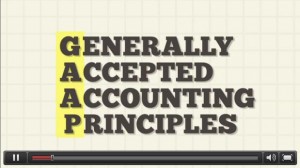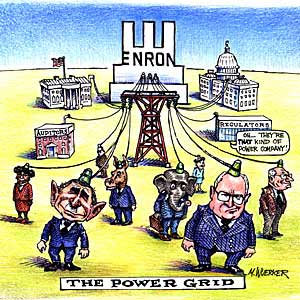As an investor, you may need to look many companies’ financial statements and compare them with each other to make the best choice. While you are going through this tedious, boring but critical procedure, you definitely want the work to be easier. But, how? At least we can keep a standard format for all financial statement, which is GAAP (Generally Accepted Accounting Principles). GAAP is a combined standard that determine how to record and report accounting information so that companies can keep a level of consistency and accuracy in financial analyzing. Though GAAP is a general standard, there are still other specified principles and different companies may have their own flexibilities, especially when they are making an internal used management financial statement. FASB (Financial Accounting Standards Board) is another standard based on GAAP and aims to serve in the US. Therefore, though the standard makes it easier for investors to compare different companied, they still need to scrutinize each statement since companies may use varied methods to count their assets, debt, etc.
Watch the video to know more
Link: GAAP
Resources:
http://www.investopedia.com/terms/f/fasb.asp
http://www.investopedia.com/terms/g/gaap.asp
http://www.investopedia.com/video/play/generally-accepted-accounting-principles-gaap/

